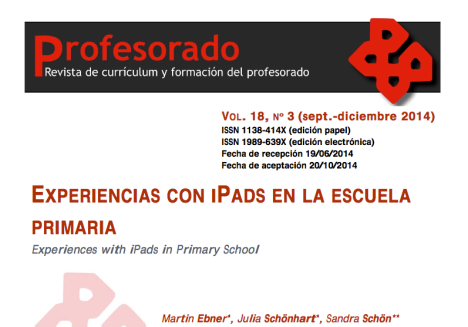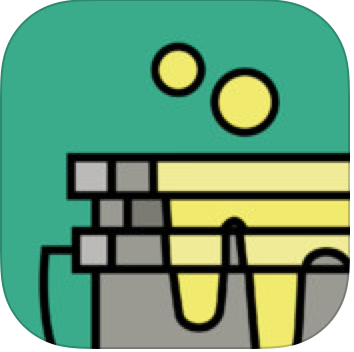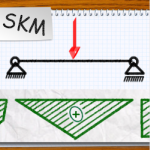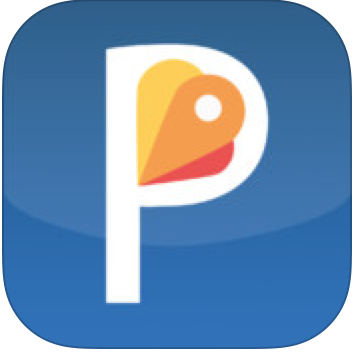In the last issue of 2014 of the journal „Profesorado. Revista de Curriculum y Formación del Profesorado“ our contribution about „Experiences with iPads in primary schools / Experiencias con ipads en la escuela primaria“ got published. The article is now available in two languages (englisch/spanish).
Abstract (englisch):
Tablet computers gain enormous attention nowadays and become more and more part of our daily life. Due to this it is not astonishing that even the educational sector is thinking about the use of such wearable devices in the classroom. Our research study aims to give insights about real life experiences with iPads in Austrian primary schools. Therefore we describe the development of appropriate learning apps and their use in classrooms. Finally each technology-enhanced lesson is observed as well as evaluated afterwards with the help of the cut-off technique. The research work carries out different circumstances the use of tablet computers has a positive influence on teaching and learning and gives practical hints how they should be used in classrooms.

Abstract (spanish):
Los ordenadores-tablet están acaparando toda la atención en estos momentos y forman parte de nuestra vida cotidiana. Por ello, no es de extrañar que en el ámbito educativo se hayan arbitrado fórmulas para incorporarlos en las aulas. La presente investigación pretende mostrar las estrategias llevadas a cabo en determinadas experiencias con iPads en escuelas primarias austriacas. Por un lado, se describe el desarrollo de las aplicaciones (apps) educativas apropiadas para su empleo en aulas. Y por otro, cada lección apoyada en las tecnologías es analizada y evaluada desde una perspectiva técnica. Las aportaciones más representativas de la investigación evidencian las diversas fórmulas de utilización de este tipo de ordenadores para promover una influencia positiva en la enseñanza, también se apuntan recomendaciones prácticas sobre cómo deberían ser usados en aulas.
Refrence (spanish): Ebner, Martin; Schönhart, Julia & Schön, Sandra (2014). Experiencias con ipads en la escuela primaria (translation of English original). In: Profesorado, V 18, Nº 3, 161-173 (sept.-diciembre 2014). URL: https://www.ugr.es/~recfpro/rev183ART9.pdf
Reference (englisch): Ebner, Martin; Schönhart, Julia & Schön, Sandra (2014). Experiences with iPads in primary schools. In: Profesorado, V 18, Nº 3, 161-173 (sept.-diciembre 2014). URL: https://www.ugr.es/~recfpro/rev183ART9en.pdf






